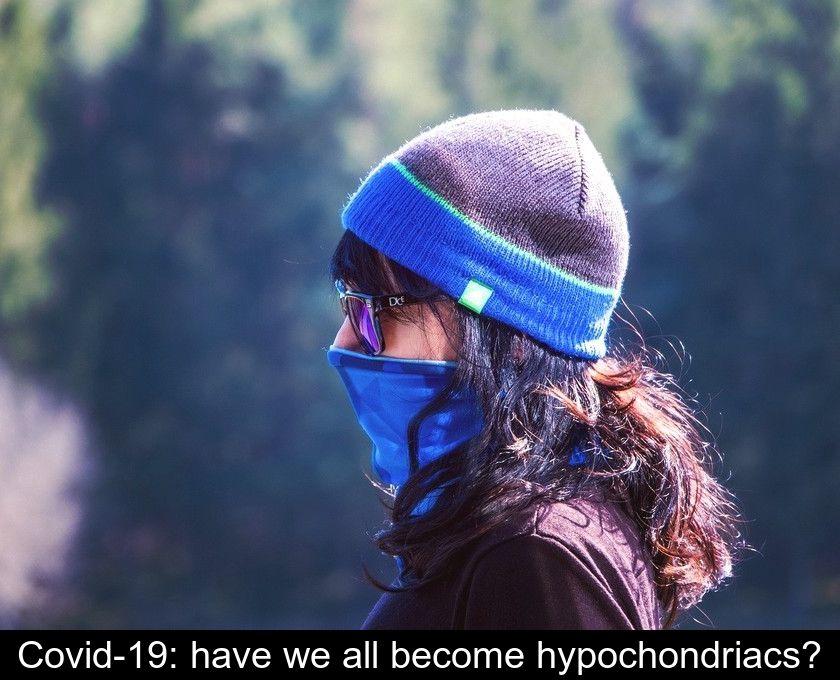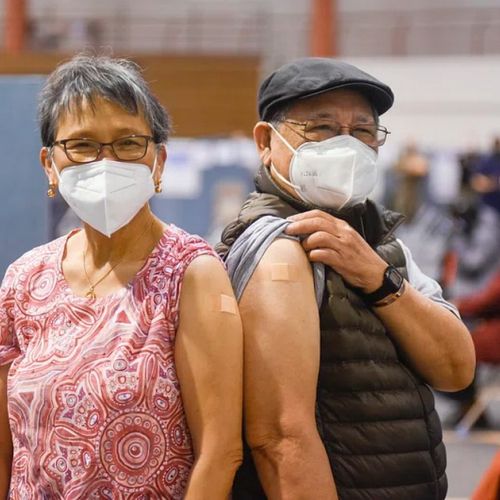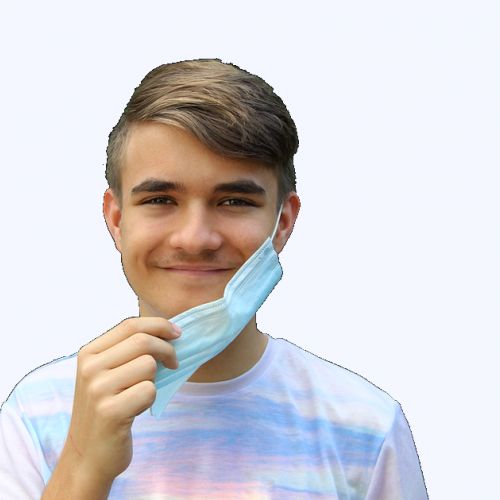Covid-19: Have We All Become Hypochondriacs?
According to a 2014 Ifop poll, there were 8.5 million hypochondriacs in France. But this number has undoubtedly increased as a result of the pandemic. If you, too, feel anxious about your health, here is a short practical guide to better understand and treat hypochondria.
What is hypochondria?
We can define hypochondria as obsessive anxiety about health.
Hypochondriacs worry about their aches and pains as well as the 'silence of the organs'. At the slightest symptom, even a trivial headache, they think the worst (and imagine they are victims of an incurable disease).
But, even feeling nothing at all can make them fear that they have a serious disease...without knowing it.
This anxiety disorder is a vicious cycle as the hypochondriac develops psychosomatic symptoms that reinforce their belief that they are indeed ill...
In medicine, a patient is considered to have hypochondria when his fear of being ill persists beyond 6 months and this, despite reassuring medical checkups.
What are the manifestations of this disorder?
Some hypochondriacs consult their doctor several times a week and/or have multiple examinations by specialists.
While doctors tell them they are fine, they remain convinced they are sick.
This obsessive thinking is a daily hell for hypochondriacs but also for those around them.
What are the consequences of the pandemic?
With the Covid-19 pandemic, the number of hypochondriacs has probably increased. Indeed, the fear of getting sick has never been so strong in our recent history.
The health situation since 2020 has probably encouraged hypochondria because hypochondriacs' anxieties are fueled by excess medical information.
While the Internet and social networks had already facilitated everyone's access to medical information (not always reliable), the pandemic has further aggravated this flow of anxiety-provoking information by largely occupying the front page of the news for the past two years.
Nevertheless, the measures taken by the government have been able to counterbalance this phenomenon, by reassuring many citizens more or less anxious about the coronavirus.
How to treat hypochondria?
Because hypochondria is a form of anxiety, the first thing to do to remedy this disorder is to decrease the person's level of fear and hypervigilance.
This can be done using various relaxation and hypnosis techniques.
This disorder can also be treated with cognitive behavioral therapy or techniques that combine psychological management and work on body sensations, such as sophrology for example.
In practice, here are 3 basic tips to lower your stress and anxiety levels when dealing with Covid-19 or any other illness:
1- avoid spending time on medical forums. If you have medical questions that are nagging at you, ask your doctor directly.
2- occupy your mind with other things: as with other anxiety disorders, it is recommended that you occupy your mind rather than ruminating on negative thoughts and anxieties. For example, you can try activities that engage your full attention such as adult coloring or playing sports (this is great for physical and mental health).
3- relax: you may not have caught the Covid-19 just because you have a runny nose... It may be a simple seasonal allergy or cold so there's no need to panic before you know the test result.
Humor can help too, so let's conclude with a quote from Bernard Fontenelle: 'Don't take life seriously; you won't get out alive anyway.'






